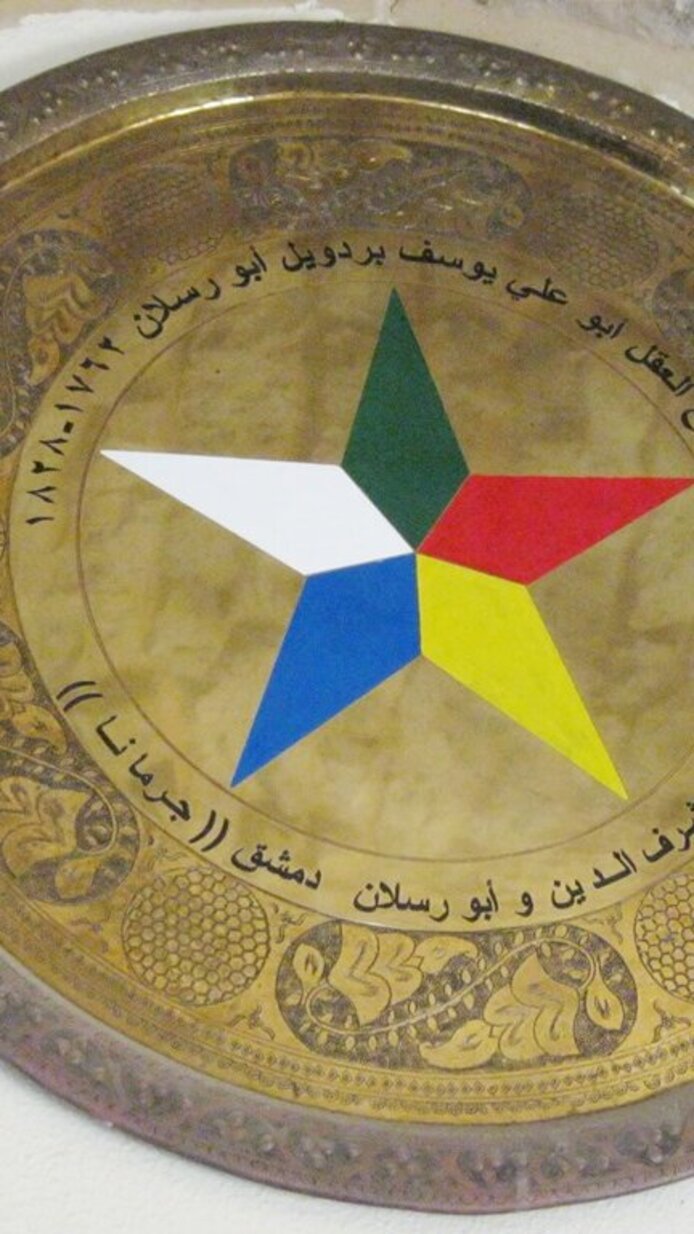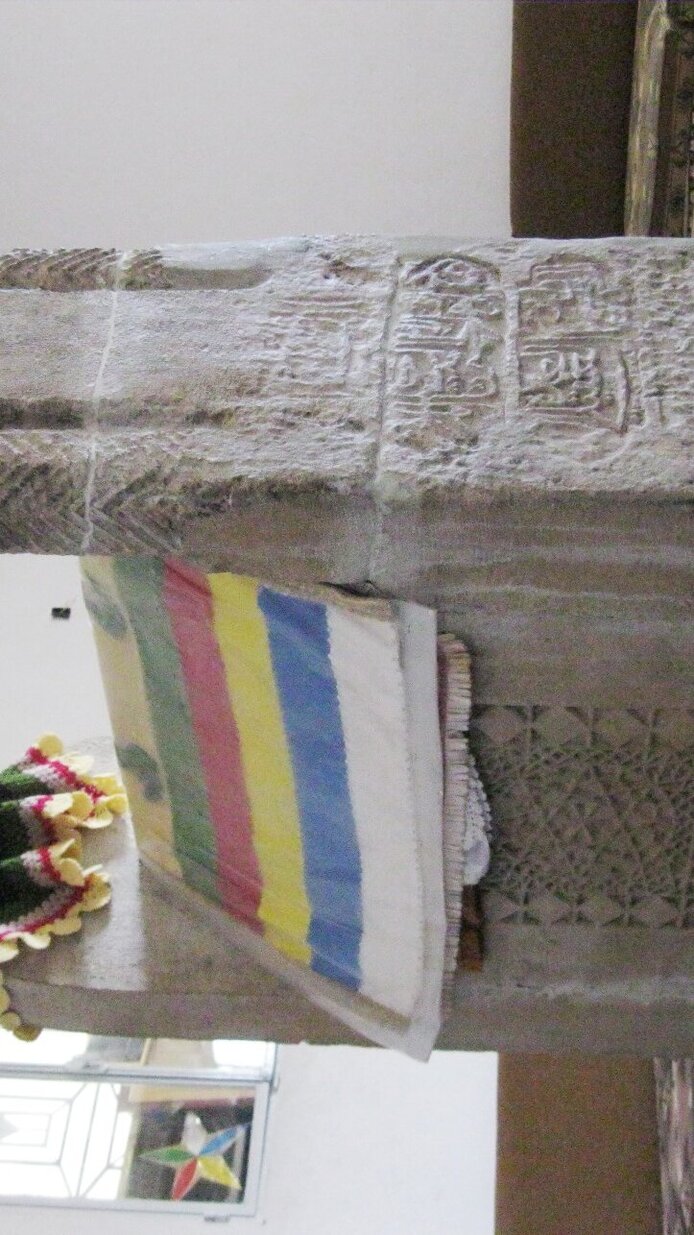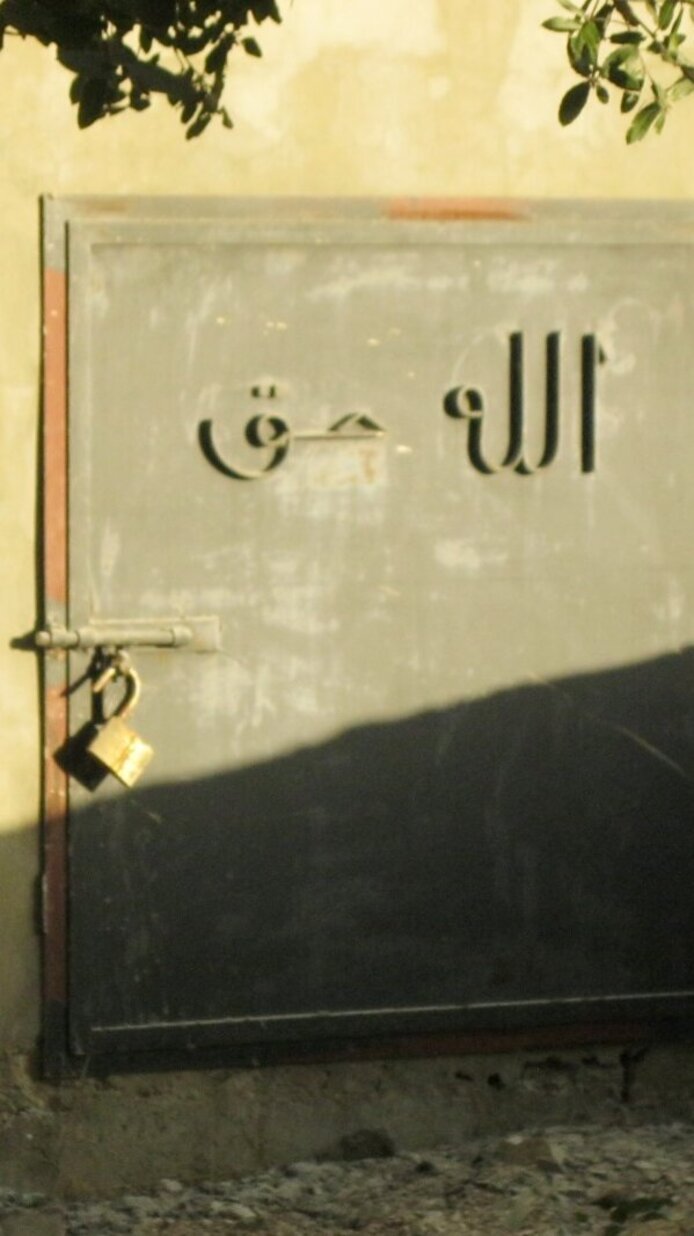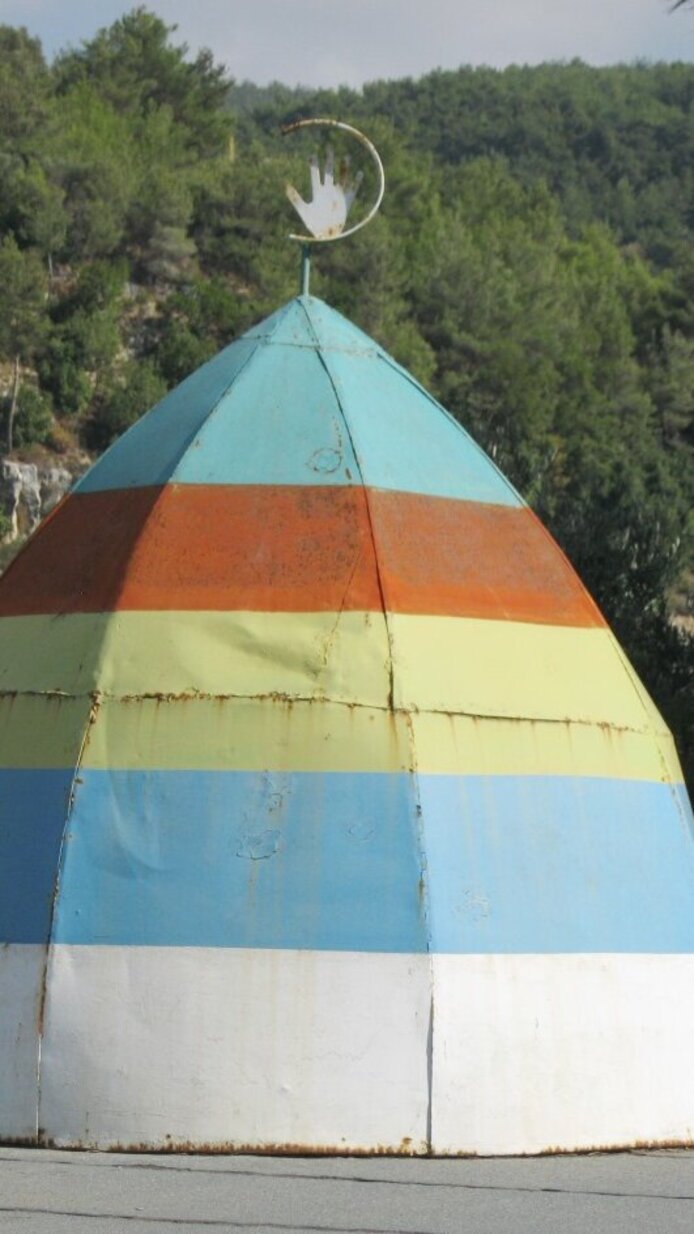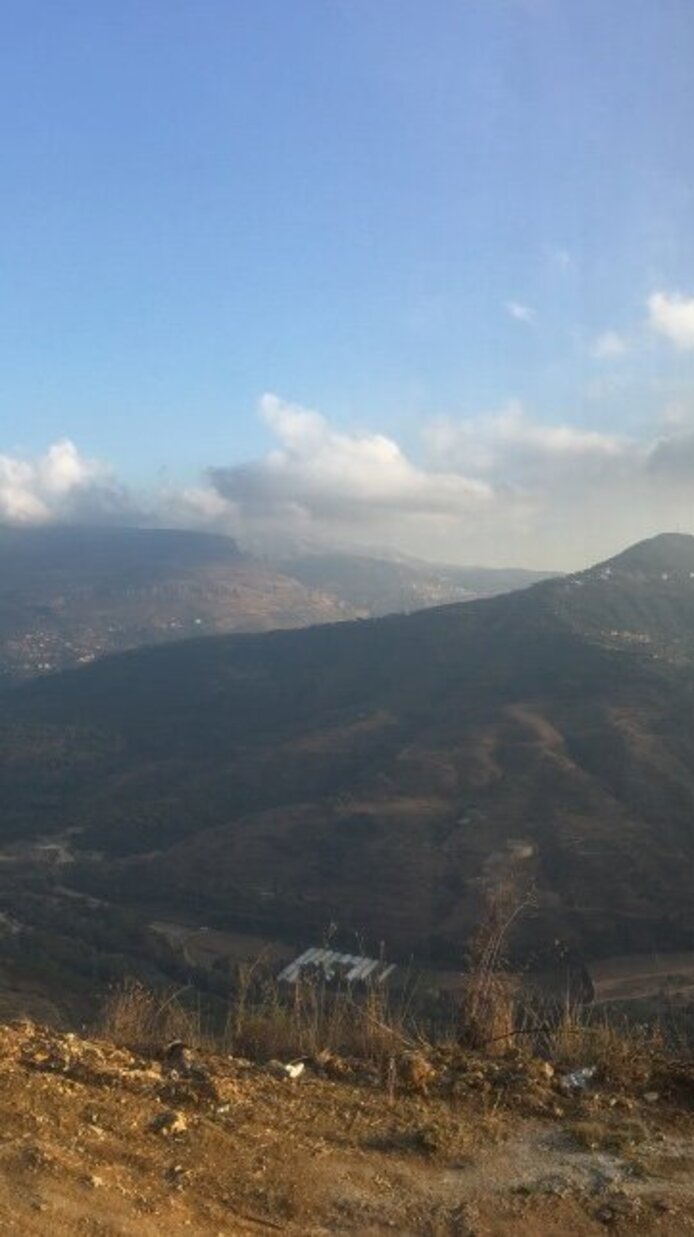Transmigration of the soul - social disruptor or bond
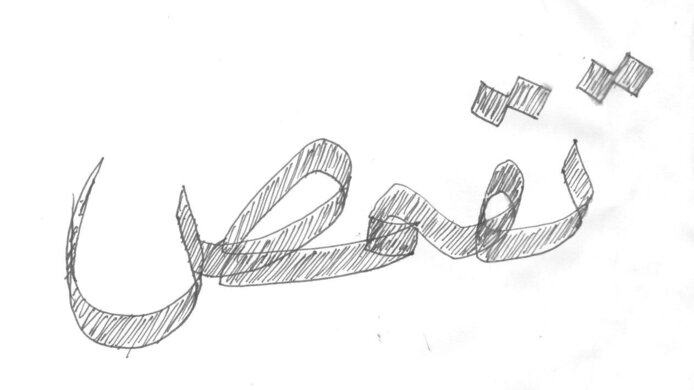
The transmigration of souls (in Arabic: taqammus) is a concept that may lend comfort. In the Druze community, the phenomenon is not only enshrined in holy writ but enjoys broad societal acceptance as well. When a person dies, his or her soul – sometimes accompanied by skills or certain character traits – transmigrates to a new-born child. The Arabic root of the term contains the word for “shirt”, suggesting, so to speak, that the soul is being worn again. But taqammus also has a tragic side to it. In his research, supported by the Austrian Science Fund FWF, the social anthropologist Gebhard Fartacek also documents ethno-sociological consequences and conflicts potentially harboured by the principle of reincarnation.
Being reborn establishes new relationships
The Druzes are an ethnic-religious minority with a Shiite tinge in the Middle East spread across Lebanon, Syria, Israel/Palestine and Jordan as well as the diaspora. Principal investigator Fartacek from the Austrian Academy of Sciences conducts field research tracing so-called “speaking children”, whose first words relate to memories of a previous life. If such children are recognised as being the reincarnation of a specific person, the reincarnation no longer concerns that individual alone. People are (re-)connected with tangible consequences in many spheres of life, such as kinship, potential marriage options, obligations to provide assistance, inheritance rules, etc. The transmigrated souls can be not only Druze grandparents who passed away peacefully, but also victims of crimes and young people who died in their prime. The consequences may be resentment, quarrels, revenge and confusion. Some reincarnates actively seek out their “old” family and are able to find solace, whilst others despair when they are rebuffed.
The star and the 5 colours symbolize five divine universal principles which become manifest, inter alia, in different prophets, wisdoms, life elements, stars and colours. Green represents universal wisdom; red the universal soul; yellow the word; blue the preceding period of time; white the subsequent period of time. These colours are reflected in the typical five-colour combination of the Druzes, e.g. in the shape of five-pointed stars that serve as Druze identity markers.
The research of Gebhard Fartacek focuses primarily on issues of religious ethnology in the Middle East. In his reconstruction of cases (in the form of oral history) and through biographical interviews with those concerned, with relatives and people from the respective environment, his Arabic language skills are tremendously helpful. The researcher takes an impartial stance with a view to the realism and veracity of what he is being told: “What counts is the fact that the phenomenon is a generally accepted reality in this society. The Druze community is more divided as to whether taqammus is conducive to social cohesion or creates chaos and unrest.” He is concerned about narratives, discourse and (problematic) consequences from an emic point of view, i.e. the perspective of the people affected.
Different takes on reincarnation
The researcher first spent time on this project in Lebanon in the autumn of 2016. During his field research he identified people who remembered their previous life. “The most frequent reports stem from people who had not completed their life trajectory but died in a tragic or violent way or unexpectedly”, explains Fartacek in the interview with scilog. His research is intended to produce a typology of cases. An initial result reveals that stories of rebirth are subject to a kind of plot structure and the main facts are presented in a well-rehearsed way. This makes it all the more important for Fartacek to learn if there are different ways of looking at one and the same case. According to the ethnologist, these reconstructions constitute jigsaw pieces in the formulation of socio-anthropological theories which would run counter to the traditional view that a shared faith leads automatically to strong cohesion in a community. “Soul transmigration is accepted by all Druzes, but opinions on its consequences for social cohesion are very divergent”, notes Fartacek. As a result of the continued hostilities and conflicts in Syria, Gebhard Fartacek had the opportunity to interview Druze refugees in Austria and address aspects of reincarnation as coping strategies to help overcome traumas. He is joined in the project by the Islam scholar Lorenz Nigst. From among the refugees he also recruited a Syrian team member who supports him in the precise recording and archiving of the interviews at the phonogram archive of the Austrian Academy of Sciences.
Personal details Gebhard Fartacek is a principal investigator at the Phonogrammarchiv of the Austrian Academy of Sciences. He is also a lecturer, e.g. at the Department of Social and Cultural Anthropology, University of Vienna and the Vienna University of Education. The socio-anthropologist focuses on methods for ethnological data recording and also conducts research on local cultural strategies for settling conflicts and overcoming segmentation along ethnic-religious lines in the Middle East.
Project homepage: http://www.taqammus.at Publications
